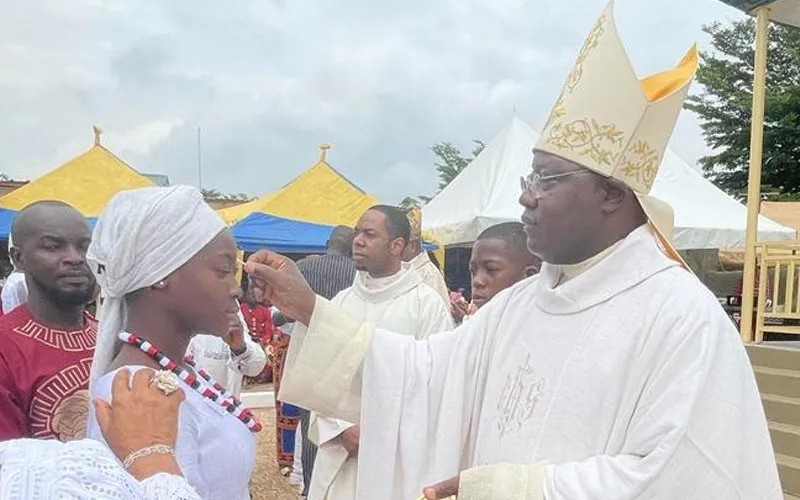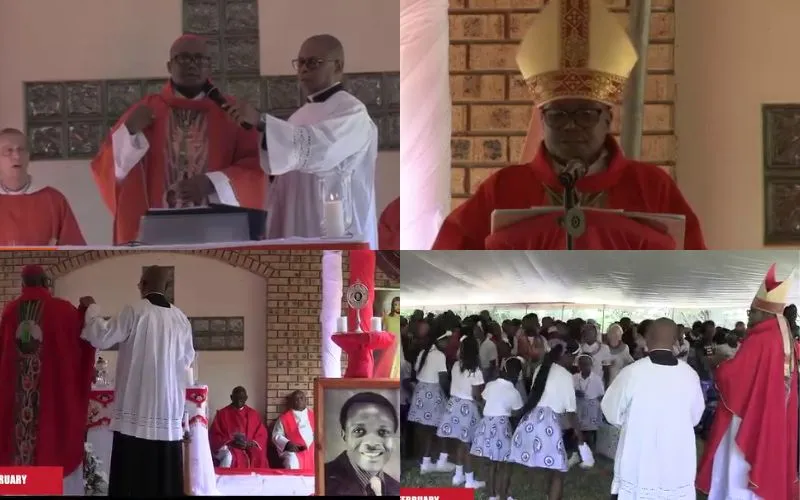Abuja, 20 June, 2022 / 8:44 pm (ACI Africa).
A Catholic Archbishop in Nigeria has urged the people of God in the country to use their faith in the Jesus present in the Holy Eucharist to address their fears about the power of witchcraft and evil spirits.
In his Sunday, June 19 homily at St. Aloysius Parish of the Archdiocese of Abuja, Archbishop Ignatius Ayau Kaigama cautioned Christians against the tendency to “rush to soothsayers or even to some so-called men of God” amid life’s challenges.
“By believing in the presence of Jesus in the Eucharist, our pathological fear of witches and evil spirits should diminish,” Archbishop Kaigama said in his June 19 homily on the occasion of Corpus Christi and the Archdiocesan Eucharistic Congress in his Metropolitan See.
He explained, “When confronted with sickness, childlessness or material deprivation, we should not rush to soothsayers or even to some so-called men of God who may not be any different from deceptive fetish agents.”
The Nigerian Archbishop urged Christians to foster their faith in the Holy Eucharist as a healing Sacrament that requires patience. He said, “Pray and wait patiently and expectantly; but do not time God or expect instant and dramatic results.”








